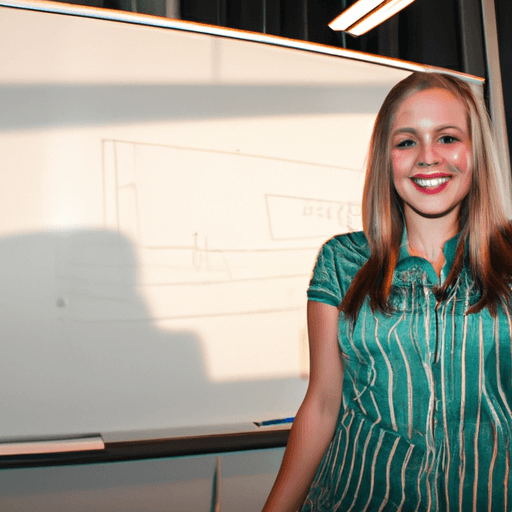The Benefits of Experiential Learning in Education
Experiential learning in education is an approach to teaching which focuses on providing students with real-world experiences that will help them to better understand and retain the material being taught. Through experiential learning, students are able to gain a greater understanding of the subject matter by engaging with it directly, as opposed to simply reading about it in textbooks. Experiential learning can take many forms, from field trips and hands-on activities, to simulations and role-playing exercises.
One of the primary benefits of experiential learning is that it allows students to gain a deeper understanding of the material than they would get from simply reading about it in a textbook. By engaging in activities and experiments related to the subject matter, students are able to gain a greater understanding of the concepts being taught. For example, a field trip to a local museum or historical site can help students to gain a more in-depth understanding of the history and culture of the region than they would get from simply reading about it in a textbook. Similarly, hands-on activities such as building a model of a bridge or constructing a robot can help students to understand engineering concepts in a more meaningful way.
Experiential learning can also help to foster creativity in students. Through hands-on activities, students are able to use their imagination and come up with their own solutions to the problems presented to them. This encourages them to think outside of the box and come up with creative solutions that they might not have thought of otherwise. Additionally, experiential learning can help to foster a deeper appreciation for the subject matter. By engaging with it directly, students are able to gain a greater understanding of the material and develop a deeper appreciation for it.
Experiential learning can provide students with a more comprehensive learning experience than traditional methods of teaching. By engaging students in hands-on activities and experiments related to the subject matter, students are able to gain a greater understanding of the material and develop a deeper appreciation for it. Additionally, experiential learning can foster creativity in students and help them to think outside of the box. Ultimately, experiential learning is an invaluable tool for educators, as it can help to engage students more deeply with their studies and provide them with a more comprehensive learning experience.


















Comments
Leave a Comment